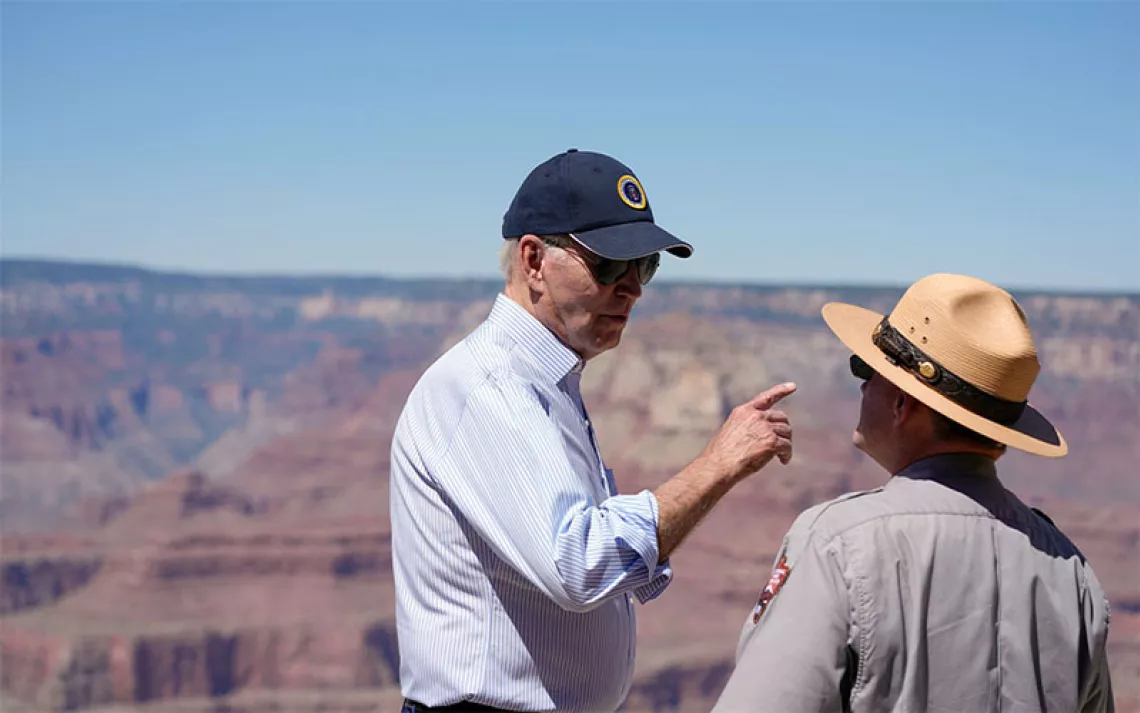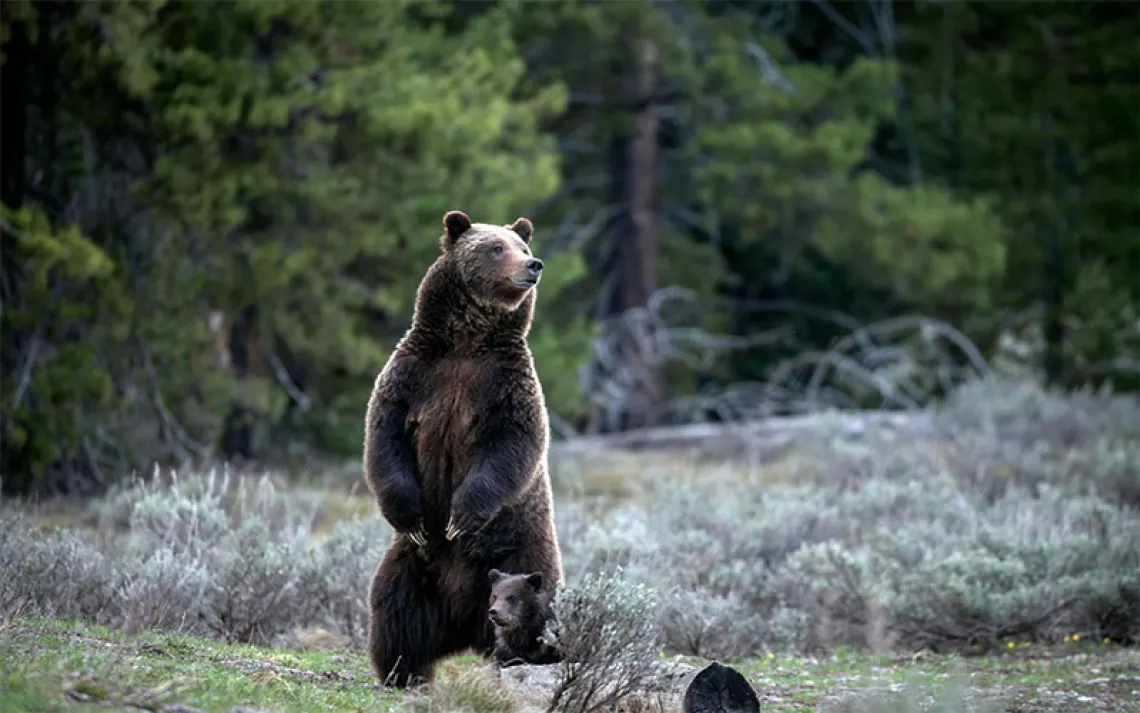Boundary Waters on the Brink
Ivanka's landlord wants to mine America's most popular wilderness

Photo by Wildnerdpix/iStock
Becky Rom knew that the first year of the Trump presidency would seriously challenge the national campaign to stop a proposed mine on the doorstep of Minnesota’s Boundary Waters Canoe Area, the most popular wilderness area in the United States. She was not mistaken.
Rom appeared in my November/December 2016 feature story about the Save the Boundary Waters campaign. In retrospect, those were its halcyon days. As President Obama prepared to leave office, the Bureau of Land Management responded to thousands of Americans—including Minnesota governor Mark Dayton—and denied the renewal of a Chilean company's lease to 5,000 acres of public land near Ely, where it sought to develop a massive copper and nickel mine. The BLM imposed a two-year moratorium on mining activities in the area and also initiated a comprehensive U.S. Forest Service–led study of the potential impacts of sulfide-ore mining (which has a legacy of long-term pollution elsewhere) across 230,000 acres of the North Woods. It was a great victory for Rom and the broad, bipartisan coalition of Boundary Waters supporters, which includes local businesses, hunter and angler organizations, faith-based groups, veterans, and environmental groups.
It was not to last. Since Trump's election, Rom admits, “the trajectory has been troublesome.” After the mineral leases for its Twin Metals subsidiary were denied, mine proponent Antofagasta PLC sued the federal government. Following Trump’s election, Antofagasta corporate manager Andrónico Luksic purchased a house in Washington, D.C.; in March, it was revealed that he was renting it to Trump's daughter, Ivanka, and her husband, White House advisor Jared Kushner. Last December 22, the Trump administration revoked the Interior Department’s authority to deny the Twin Metals mineral leases, paving the way for their rubberstamp renewal.
“What it says is that when we do these leases, it’s forever,” says Rom. “That’s never been the policy in America. Mineral leases have been discretionary on renewal all along, regardless of administration. It’s a big switch.” Antofagasta dropped its lawsuit, and Save the Boundary Waters launched its own challenge to Washington’s about-face. “Unless we prevail,” Rom says, the mineral leases “will be renewed.”
A parallel process in Minnesota creates new dangers for Boundary Waters. Last year, Representative Tom Emmer (R) introduced his Minnesota Economic Rights (MINER) bill. It would immediately grant the federal government authority to renew Twin Metals’ mineral leases, terminate the Forest Service’s environmental review, and amend several pieces of federal legislation, including the 1906 Antiquities Act, to further streamline mineral development.
Emmer’s bill was supported by Representative Rick Nolan (D), whose district includes Ely but harshly criticized by fellow Republican Erik Paulsen, who said that he wanted to “make sure the Boundary Waters is preserved for future generations to enjoy without compromising standard environmental practices or its natural beauty.”
In late November, the MINER bill passed the House of Representatives, 216 to 204. Rom says the close vote reveals its “politically toxic” motives; she believes it will not pass in the Senate.
Finally, on January 26, the Trump administration downgraded the Forest Service’s investigation of the risk of sulfide-ore mining in northern Minnesota from a stringent environmental impact statement to a more cursory environmental assessment, with Interior Secretary Ryan Zinke to render a final decision in January 2019.
Rom points out that the chief of the Forest Service is not a political appointee, but the agency has only a year to complete its work, and she encourages citizens to voice their concerns to their elected officials.
“We’re not giving up on the Trump administration,” Rom says. “We will continue to work with agencies to do the most comprehensive analysis there is to show that sulfide-ore mining is inherently dangerous and will harm the Boundary Waters. Once it’s harmed, we can’t fix it.”
 The Magazine of The Sierra Club
The Magazine of The Sierra Club



